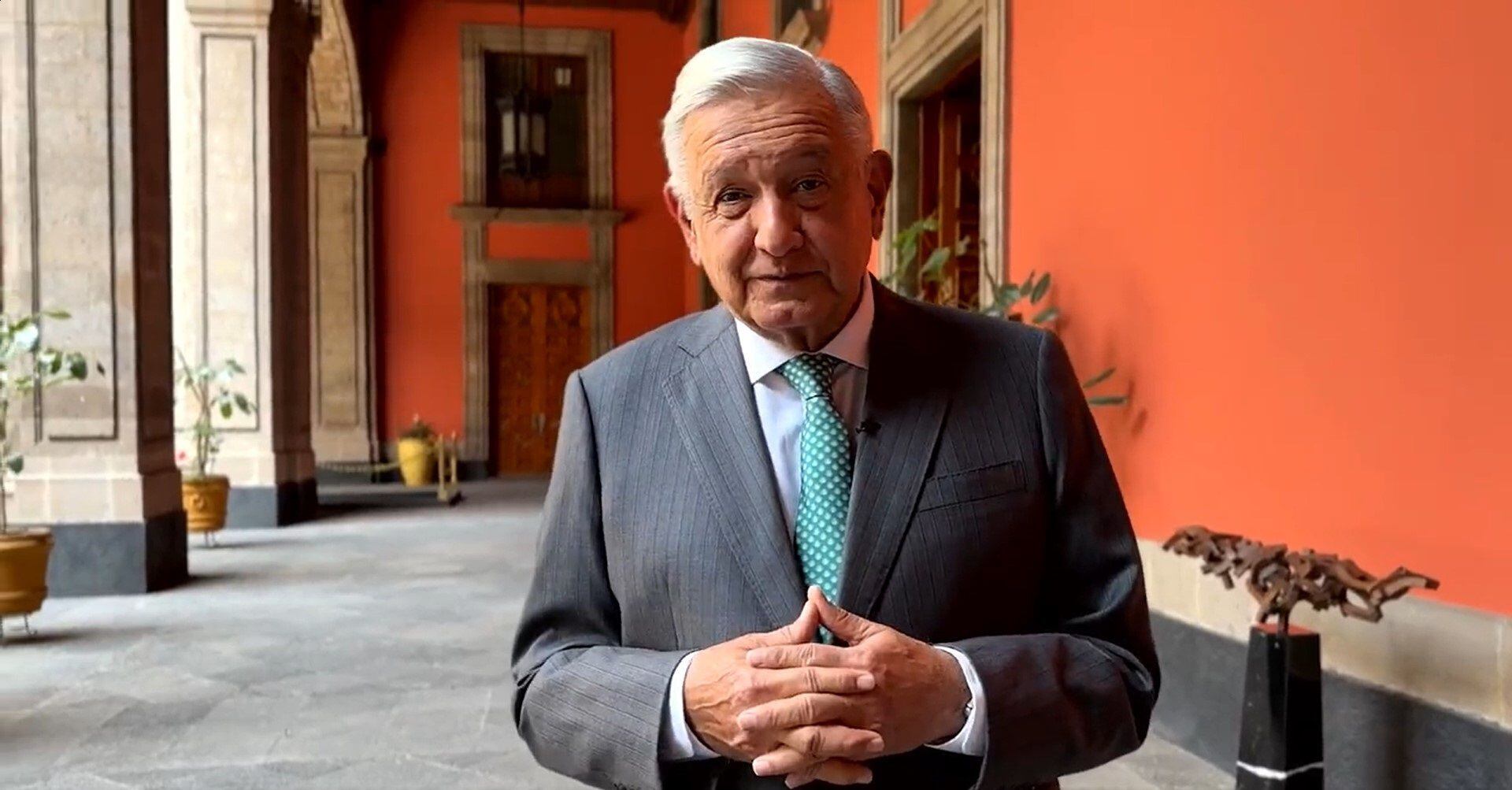
It is extremely dangerous and undemocratic to allow the president of Mexico to grant pardons or amnesties without limits and without counterweights. And we would have to see how he uses this constitutional power that the presidents of the United States have to understand how dangerous this power would be in the hands of the current President and the next president of Mexico.
The abuse and lack of legal control over the use of this power has reached such a point that then-President Donald Trump speculated on the possibility of “self-pardoning” for crimes he may have committed. In the current presidential campaign, where Trump is seeking his re-election, he has already promised pardons to the more than 700 “heroes” who have been “unfairly” convicted for their participation in the violent attack on the Capitol on January 6, 2021. And the most interesting thing about this pardon proposal is that Trump’s followers support him by sending him money for his legal defense in the four criminal trials that the former president faces.
The power to grant pardons is embodied in Article II, Section 2, Clause 1 which states that “The President…shall have power to grant pardons and pardons for crimes against the United States, except in cases of impeachment charges (impeachment)”. And although constitutionalists assure that this text is clear in stating that pardons could only be given to people convicted of federal crimes, the reality is that the use of this power in the last 50 years would seem to indicate that there is no clarity, nor who is willing. , (or capable) of limiting the abuse of this power.
An epic (and questioned) example of the use of this power was the pardon that President Gerald Ford granted, in 1974, to Richard Nixon when he resigned before the impeachment trial that he would surely face for the scandal of “Watergate”. This example leads us to analyze possible advantages and abuses of a pardon system. Given the crisis that triggered the possible impeachment of Nixon, the possibility of a pardon from his predecessor probably facilitated a peaceful transition in the face of the constitutional crisis of an impeachment trial and the very likely conviction of Richard Nixon.
Pardons can be a negotiating tool that a president can use to maintain governability. But in the same way it can be used to forgive individuals who could be a threat to a leader. Or, in the Mexican case, this tool can be used to build or protect a former president, and his historical legacy.
Let’s look again at other recent pardon decisions in the United States: In 2020, Trump pardoned his former National Security Advisor, General Michael T. Flynn, who had pleaded guilty (but had not been convicted) of lying to authorities about his meetings with Russian diplomats. In the case of President William Clinton, of the nearly 100 pardons he granted, some were truly scandalous—including the pardon granted to his half-brother, Roger Clinton Jr., who had been convicted a decade earlier, in 1985, of cocaine possession. and drug trafficking.
And the American system assumes that the best counterweight to the president’s pardon decisions would be the political costs for the president and his political party of abusing this constitutional power. But with the few examples I’ve provided, it’s clearly not enough.
For this reason, Trump speculates about the possibility of “self-forgiveness.” The question is whether the Supreme Court ministers would be willing to accept an interpretation more favorable to the executive.
It is a real concern: This new power of pardon that is granted to the president, although it could allow getting “to the truth” of cases that interest the Mexican state, the wording is such that it ensures abuse not only by López Obrador, but by all the presidents towards the future. The possibility that a controversy may eventually be brought before the Supreme Court is not enough, but the simple possibility that a president has this power allows the president to negotiate pardons, threaten enemies, sell pardons, and even secure his own pardon for the president. future, after leaving power.
And even if absolute transparency had to be required in the decisions and information that the pardoned person will provide, there is obviously no supervision or analysis by actors external to the presidency to ensure that the pardon is not abused.
So I wonder, really, why does he want, why does it urge the president to have this extraordinary capacity and responsibility?
